Can Cats Eat Dates? The Complete Guide
As a cat lover, you want to provide your furry feline friend with the best nutrition and care possible. However, with so many human foods in your pantry, it’s natural to wonder – can cats eat this?
Dates are a common ingredient in many homes. Still, every cat owner questions whether these sweet treats are safe for our feline companions.
In this complete guide, we’ll explore the nutritional profile of dates, the benefits and risks of feeding them to cats, proper portion sizes, and more. By the end, you’ll have all the information you need to decide whether sharing dates with your cat can be part of a healthy diet – or if it’s best to enjoy the fruits of your labor yourself.
Can Cats Eat Dates?
The short answer is yes. Cats can eat dates in tiny quantities and not as a regular diet. While dates are not toxic to cats, they are high in sugar, which can lead to obesity and other health issues if consumed in large amounts.
Also, the hard pit in the middle of dates can present a choking hazard or cause intestinal blockage if accidentally swallowed. Therefore, if you decide to feed your cat dates, permanently remove the pit and only offer a small piece as an occasional treat.
While cats might enjoy the sweet taste, their primary diet should always be high-quality food to meet their nutritional needs.
Are Dates Toxic To Cats?
No, dates are not toxic to cats. However, it’s vital to stress that they should only be given in moderation. Despite being natural and nutritious for humans, dates contain high amounts of sugar, which can be difficult for cats to process.
Overconsumption of sugar can lead to health problems like diabetes or obesity. So, while dates aren’t toxic per se, their high sugar content means they should be given judiciously and under close supervision.
Also, always remember to remove the pits, as they can be a choking hazard and may lead to intestinal blockages.
Various Effects Dates Can Have on Cats
Digestive Upset
Feeding your cat dates may result in digestive upset due to their high fibre content. While fiber benefits humans, cats are obligate carnivores, and their digestive systems aren’t designed to metabolize large amounts of plant material.
Consuming dates may lead to symptoms such as diarrhea, vomiting, or stomach discomfort in your feline friend. Furthermore, the high sugar content may exacerbate these symptoms.
Hence, you should contact your veterinarian immediately if you notice these issues after your cat has ingested a date.
Calories
Dates are calorically dense fruits with significant sugar content, which can contribute to weight gain if consumed excessively. A single date contains around 23 calories, primarily from carbohydrates.
For a small-bodied creature like a cat, these extra calories, if given frequently, can quickly pile up and lead to obesity. Overweight cats are at risk for numerous health problems, such as diabetes, heart disease, and arthritis.
Therefore, dates should only be offered sparingly as a tiny part of their diet, not as a regular snack.
Dental Concerns
Feeding your cat dates may also raise dental concerns. The high sugar content in dates can lead to tooth decay and gum disease in cats, much like in humans. This is because bacteria in your cat’s mouth will feast on the sugar, producing acids that can erode the tooth enamel and cause cavities.
Furthermore, date pieces can quickly get stuck between your cat’s teeth, providing a breeding ground for bacteria. Regular dental check-ups and good oral hygiene can mitigate these risks, but it’s another reason to only offer dates sparingly and as a minor treatment.
Sugar Content
The hallmark of dates is their high sugar content, comprising approximately 80% of the fruit’s weight. While this sweetness makes them a treat for humans, it isn’t ideal for cats.
Felines lack the essential enzymes to break down complex sugars efficiently, resulting in an overload of sugar in their system when they consume dates. Over time, this can increase the risk of diabetes, obesity, and other related health concerns.
Therefore, while it’s not ‘poisonous’ for cats to enjoy a small piece of data occasionally, it’s essential to keep this portion minimal to prevent sugar overload.
Do Cats Like Dates?
Just as with humans, cats’ preferences can vary widely. Some cats may be attracted to the sweet taste of dates, while others may show no interest. It’s also important to note that cats’ taste receptors are less sensitive to sweet flavors than humans, as they are obligate carnivores.
This means the sweetness we find appealing in dates might be a slight draw for cats. If you offer your cat a date, ensure it is pitless and only a small piece to ensure their safety.
However, a cat’s primary diet should be meat-based, so any intake of dates should be considered an occasional treat, not a regular part of their diet.
What Fruit Can Cats Eat?
Cats can safely consume a few fruits in moderation, but it’s crucial to remember that cats are obligate carnivores, meaning their primary diet should be meat. Small pieces of apples (without seeds or core), bananas, and blueberries can be an occasional treat.
Melons like watermelon, cantaloupe, and honeydew are safe for cats, but only if the seeds and rinds are removed. Pears are also acceptable but should be served without the core and seeds.
As always, introduce any new food into your cat’s diet gradually and in small amounts to see how they react.
What Fruits Are Toxic To Cats?
Certain fruits can be harmful to cats, even in small amounts. For example, grapes and raisins have been known to cause kidney failure in cats. Citrus fruits like lemons, limes, grapefruit, oranges contain psoralens and essential oils that can cause gastrointestinal upset and central nervous system depression.
Avocados contain personal toxins, which can cause vomiting and diarrhea in cats. It’s also important to note that the pits or seeds of many fruits, like apples and cherries, contain cyanide, which is toxic to cats.
Therefore, always thoroughly research and consult your vet before introducing a new fruit into your cat’s diet., a fungic
Conclusion
In conclusion, while dates are not toxic to cats, their high sugar content and potential for causing digestive upset make them unsuitable as a regular part of a cat’s diet.
Cats are obligate carnivores, and their diet should primarily be high-quality cat food designed to meet their specific nutritional needs. While they can enjoy an occasional treat of certain fruits, it’s important to remember that not all fruits are safe for cats.
Always consult your vet before introducing a new food into your cat’s diet to ensure their health and well-being.
FAQs
Can Cats Eat Date Seeds?
Cats should not eat date seeds due to potential choking and digestive hazards.
Are Any Fruits Toxic To Cats?
Yes, several fruits, such as grapes, citrus, and avocados, are toxic to cats.
What Is A Cat’s Favorite Fruit?
Cats generally prefer meat over fruit.
What Can I Feed My Cat If I Don’t Have Cat Food?
You can feed your cat boiled chicken or fish in an emergency, but getting cat food as soon as possible is essential.
What Is An Excellent Last Meal For A Cat?
A high-quality, protein-rich cat food meal would be an excellent last meal for a cat.

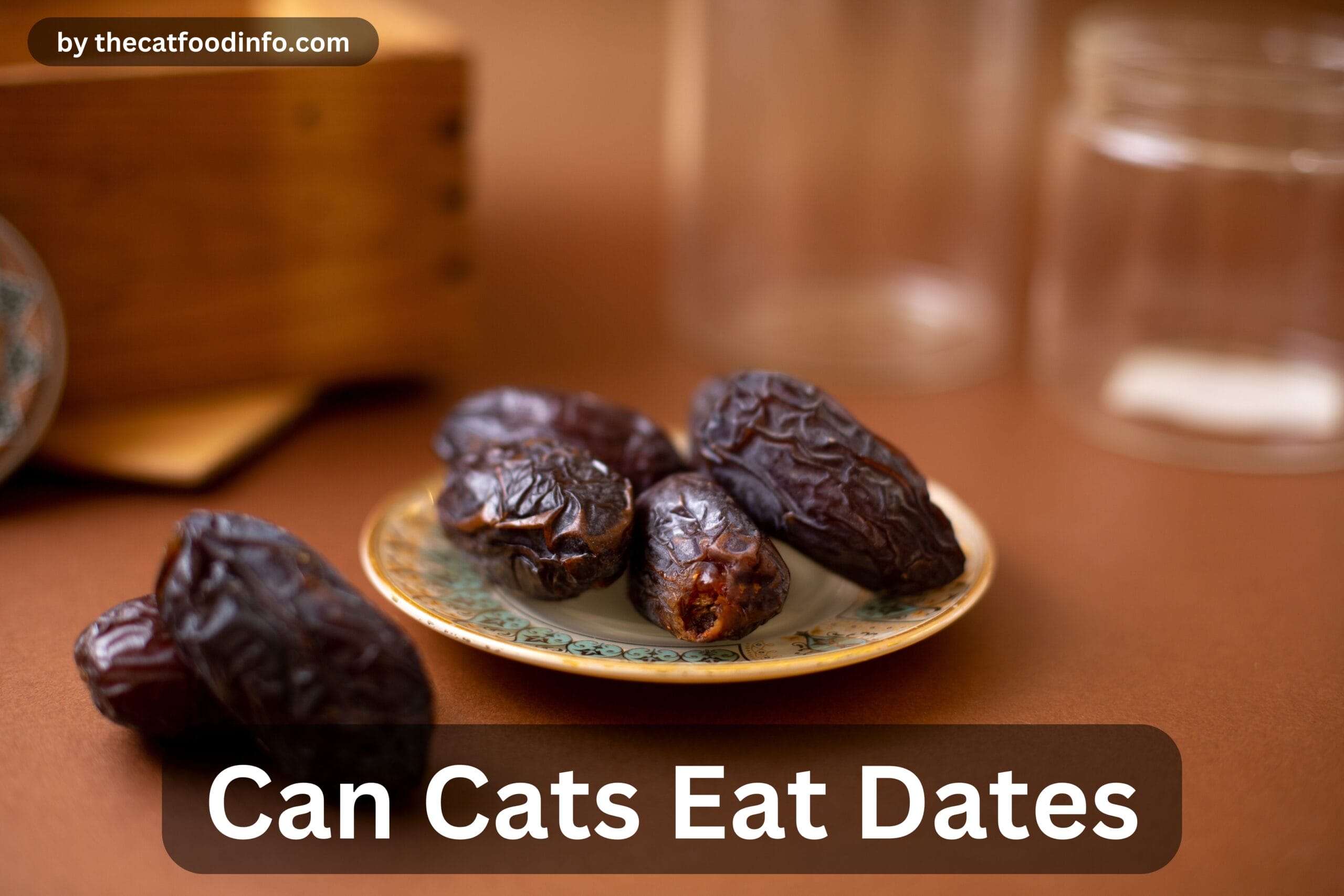
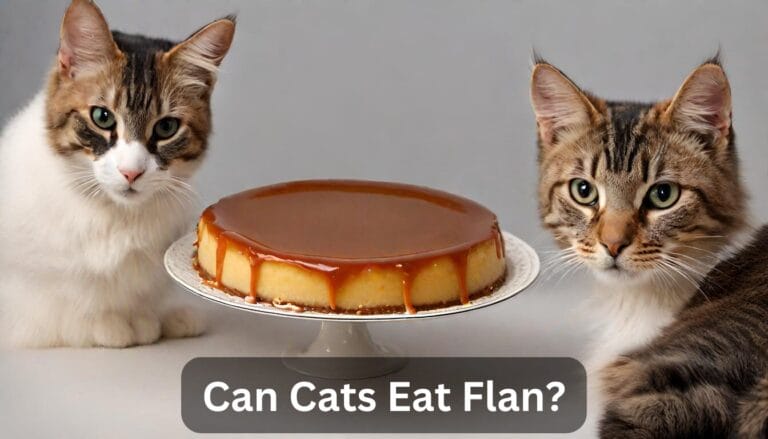
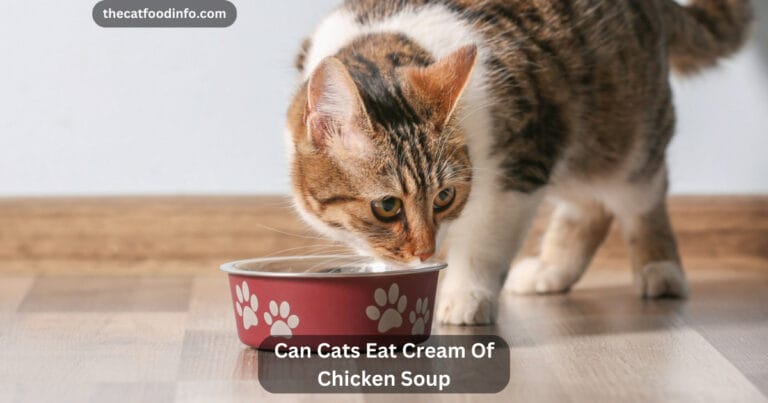
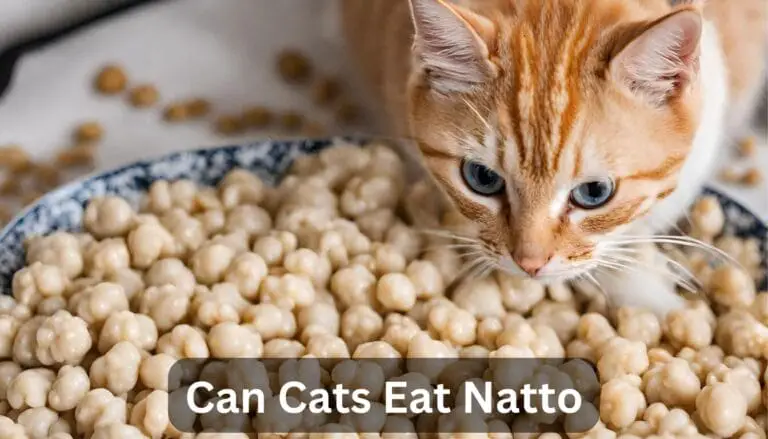
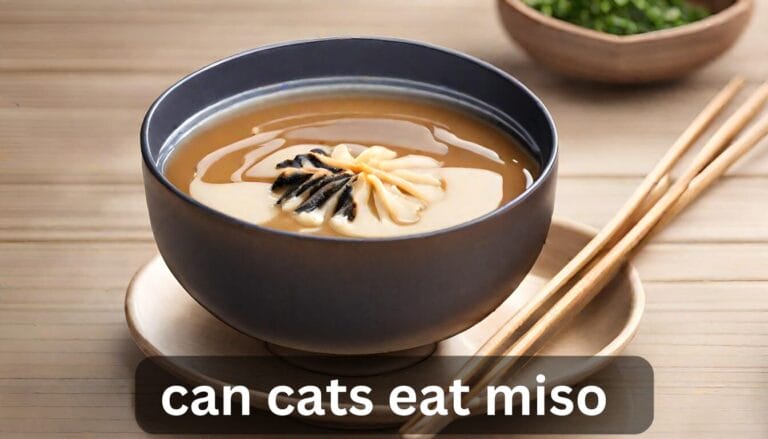
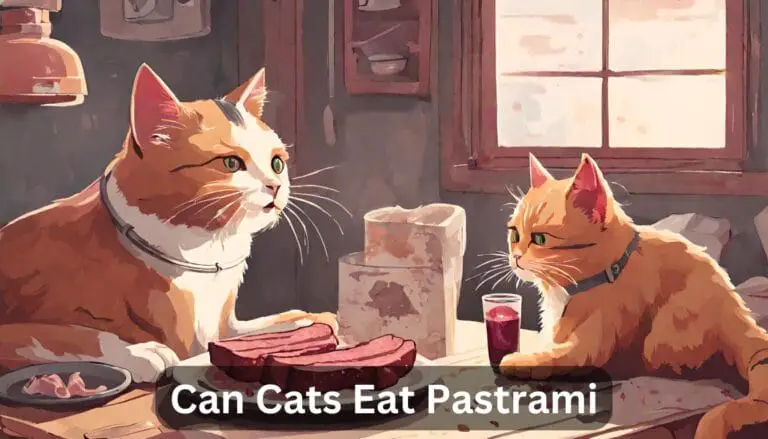
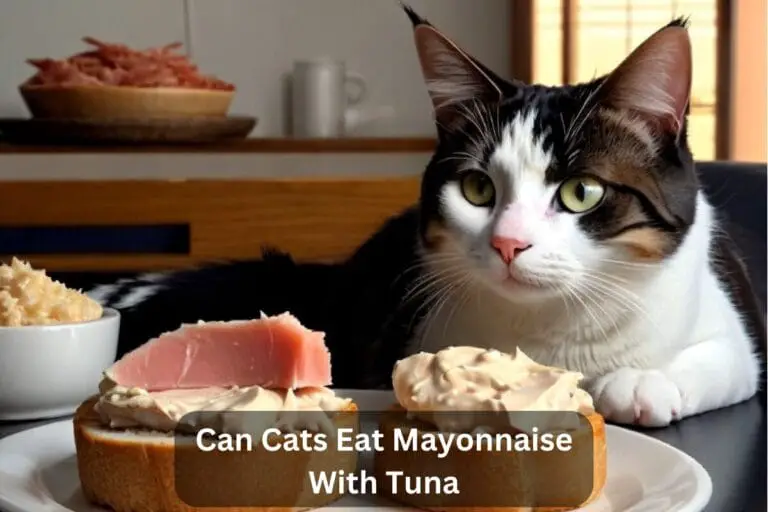
6 Comments